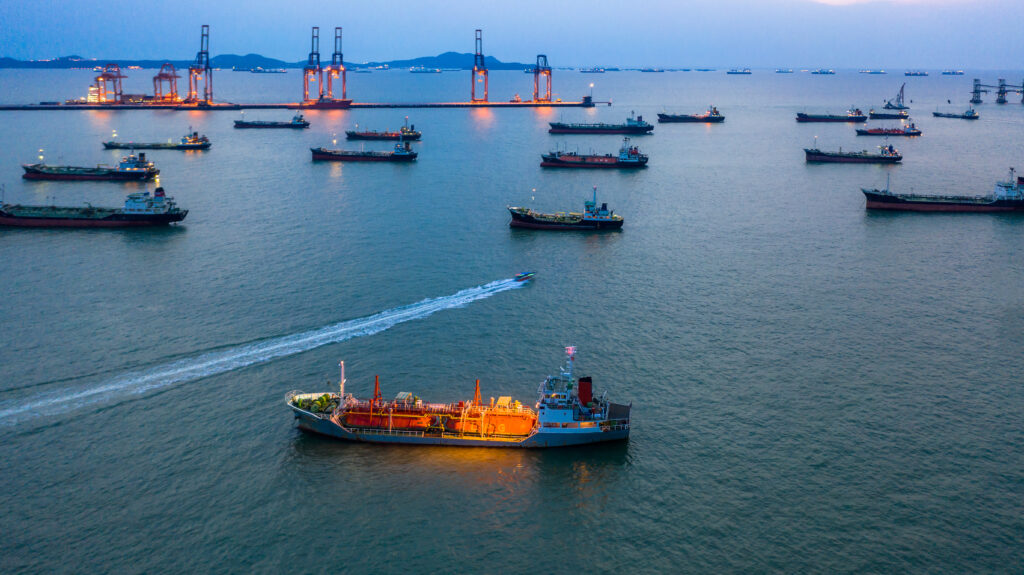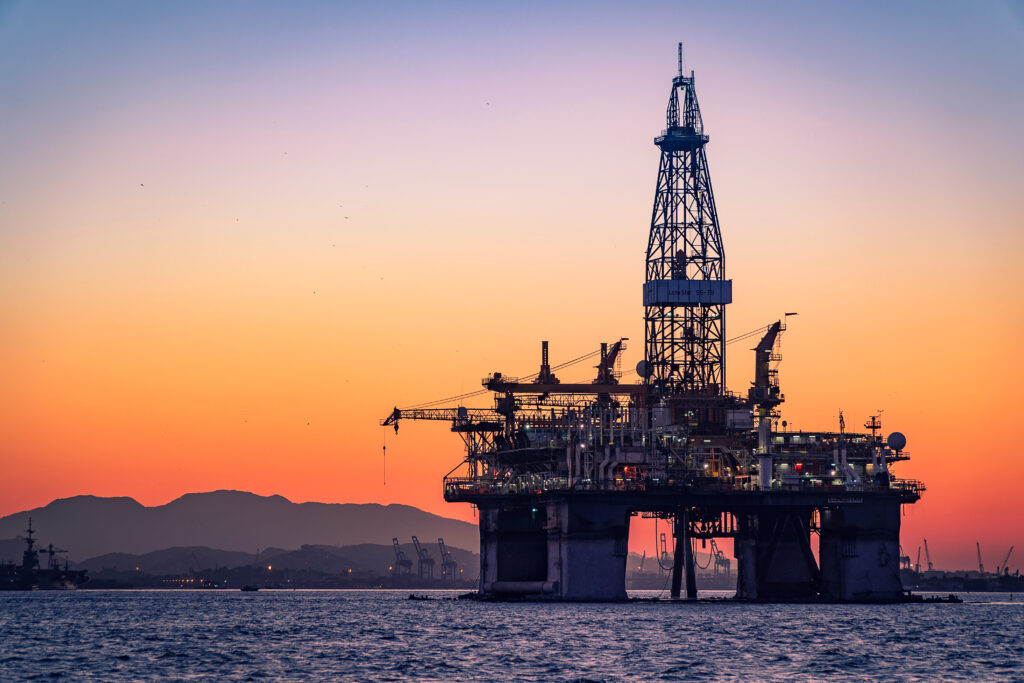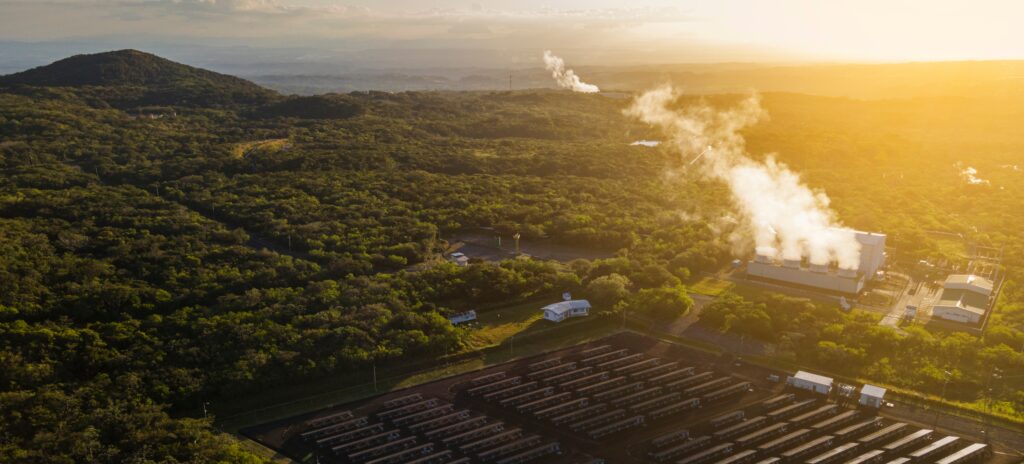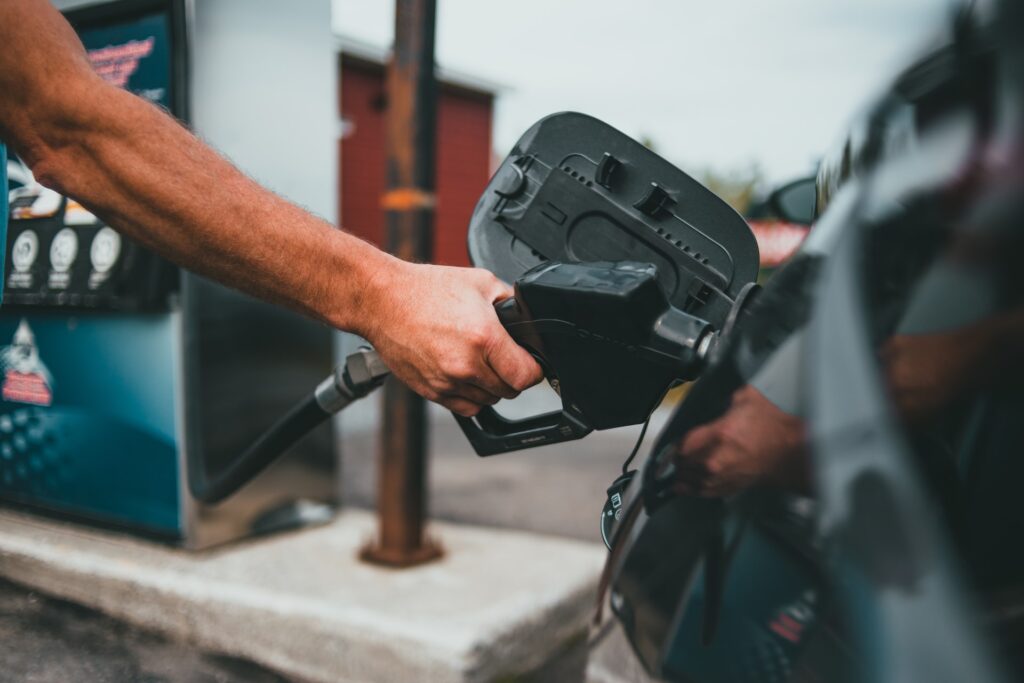

If climate change wasn’t motivation enough for countries to speed up the energy transition, the current situation demonstrates that there are other good reasons to do so, said Daniel Kammen, Professor of Energy at the University of California, Berkeley.
“Whenever there’s any geopolitical instability, the oil companies are the first to profiteer,” he said in an interview with the Energy and Climate Partnership of the Americas (ECPA).
A good argument for clean energy, according to Kammen: “The amount that the price for solar and wind has gone up during the Ukraine crisis is zero.”
The world knows that it needs to move away from fossil fuels for the sake of the planet, but that isn’t happening fast enough, he said. The fallout from the Russian invasion, he added, shows that “the climate dividend is big, but there are also some geopolitical dividends” to the energy transition.
It’s a point many global leaders have been making in recent days and weeks. In announcing that the United States was banning imports of Russian oil, liquefied natural gas (LNG), and coal, President Joe Biden said the current crisis “should motivate us to accelerate the transition to clean energy.”
“To protect our economy over the long term, we need to become energy independent,” Biden said.
Less than 10% of U.S. oil imports in 2021 came from Russia, and other countries in the Americas buy very little Russian oil. That is not the case for the European Union, which relies heavily on Russia for its energy needs. Ursula von der Leyen, President of the European Commission, recently said that dependence must end.

Druzhba oil pipeline crossing Dniester, Ukraine
“For that, we have to diversify the supply, we have to get better at energy efficiency, and we have to massively invest in renewables,” she said. “Because this is a strategic investment in our security of supply, but also in the health of our planet.”
United Nations Secretary-General António Guterres drew the same connection. “As current events make all too clear, our continued reliance on fossil fuels makes the global economy and energy security vulnerable to geopolitical shocks and crises,” he said. “Instead of slowing down the decarbonization of the global economy, now is the time to accelerate the energy transition to a renewable energy future.”

Oil Platform in Guanabara Bay, Rio de Janeiro, Brazil
For oil-exporting countries, though, the spike in oil prices provides an incentive to increase exploration and production, noted Cynthia Arnson, Director of the Latin American Program at the Wilson Center, a think tank based in Washington, D.C.
“Because there is such a windfall to be had, it will make countries double down on hydrocarbon exports at a time when they should be doing everything that they can to green their economies,” she said in an interview.
Arnson believes that exporting more oil would be “the wrong kind of growth.” Still, she said, it makes sense that countries would try to seize the moment, especially given the beating the region’s economies have taken in the past two years.
“And so the real question is, how are those revenues going to be used? How are they going to be plowed back into the economy to do things that help diversify away from hydrocarbon exports?”
Oil is not the only commodity affected by the Russian invasion; sectors such as minerals and grains have also seen price hikes and increased volatility in recent weeks.
Countries that export such commodities will see some benefit, but “the net importers are going to have a big problem,” Alicia Bárcena, the outgoing Executive Secretary of the Economic Commission for Latin America and the Caribbean (ECLAC), said recently.
One major concern throughout the region is that these costs will be felt at the household level, as people pay more for fuel, food, and transportation, she said, speaking at a news conference at the Forum of the Countries of Latin America and the Caribbean on Sustainable Development 2022, held this month in Costa Rica.
“There will be a strong impact on people’s pocketbooks,” said Bárcena, who leaves her post at ECLAC at the end of this month.
On the energy front, she said, countries should follow Costa Rica’s lead and invest in clean energy solutions. “The only real resilience is for us to move toward renewable energy,” Bárcena said.

Aerial view of the geothermic and solar plants of the Miravalles Volcano, at Guayabo de Bagaces, Costa Rica
At the same news conference, Costa Rican President Carlos Alvarado said the economic impacts of the war in Ukraine are already being felt in the region. He said that Costa Rica and other countries are considering subsidies and other types of assistance to help protect the most vulnerable households, but not all countries have the borrowing capacity to adopt such measures.
Alvarado said the region must fundamentally change its thinking about energy so that it can become more self-reliant and less vulnerable. He cited the example of Iceland, which used to be heavily dependent on fossil fuels and now runs almost entirely on renewables, mainly geothermal energy.
“Today, Latin America and the Caribbean could also decide to renounce its dependence on fossil fuels once and for all, so that we do not have to depend, every time there’s one of these crises, on an external factor, and can depend on ourselves,” he said.

High oil prices have an especially severe impact on many Caribbean countries that still rely heavily on imported diesel or fuel oil for electricity generation, according to Dax Driver, President and CEO of the Energy Chamber of Trinidad and Tobago. And it’s not only electricity generation, he said, but also the rising costs of imported gasoline and agricultural inputs such as fertilizer, as well as the likely rise in airfares, which could lead tourists to forego international travel.
“This really is not an easy situation for the Caribbean, coming out of two incredibly difficult years with COVID,” Driver said in an interview. “Imagine for tourism economies how devastating this has been. It’s not a good situation.”
As a country that produces and exports hydrocarbons (mainly LNG) and petrochemicals (ammonia and methanol), Trinidad and Tobago will see higher revenues from the spike in prices. However, Driver pointed out, natural gas is often sold under long-term contracts, so the windfall may not be as dramatic as the “astronomical” international benchmark prices would suggest.
Domestic consumers in Trinidad and Tobago, meanwhile, are largely shielded from high international prices through electricity and gasoline subsidies.
Although oil price increases do tend to spur more interest in renewables, Driver said, he believes the interest in clean energy has not really waned in recent years in Caribbean countries, even when oil prices plunged in the early months of the pandemic. “People have been very focused on trying to bring more renewables into their markets,” he said.
Smaller island nations face particular challenges, he said. For one, it is harder to introduce intermittent renewables into a small electric power system and still maintain grid stability. Another obstacle is that battery storage is still expensive. The small size of projects also makes it harder to interest investors.
“It’s not been easy,” Driver said. “If you look at the absolute numbers of renewable penetration in the Caribbean, it doesn’t reflect the desire which has been there to try to increase it.”
Daniel Kammen, for his part, would like to see more activity on clean energy throughout the broader region. “The fact that there is so little solar or wind manufacturing in Latin America is a problem,” he said. “The region is well positioned in terms of industry, in terms of higher education, engineering, to be a real player, but so far, unfortunately, they haven’t been. To me, that is a concern.”
He believes the best way to accelerate clean energy is by promoting the use of electric vehicles. Unlike building a big energy project, he said, that is something that can happen fast, by adopting the right policies and incentives.
“The more you push for electric vehicles, the more you reduce your bill for imported fossil fuels,” Kammen said. That also builds a market for clean energy generation, he added, “because those vehicles make you more and more energy independent the more you switch your electricity to clean sources.”
Whatever energy policies countries adopt, they need to ensure that they are thinking up front about social justice, Kammen said. “Affluent people can afford gasoline being a dollar or 100 pesos more expensive, but low-income people cannot,” he said.
 View Map
View Map